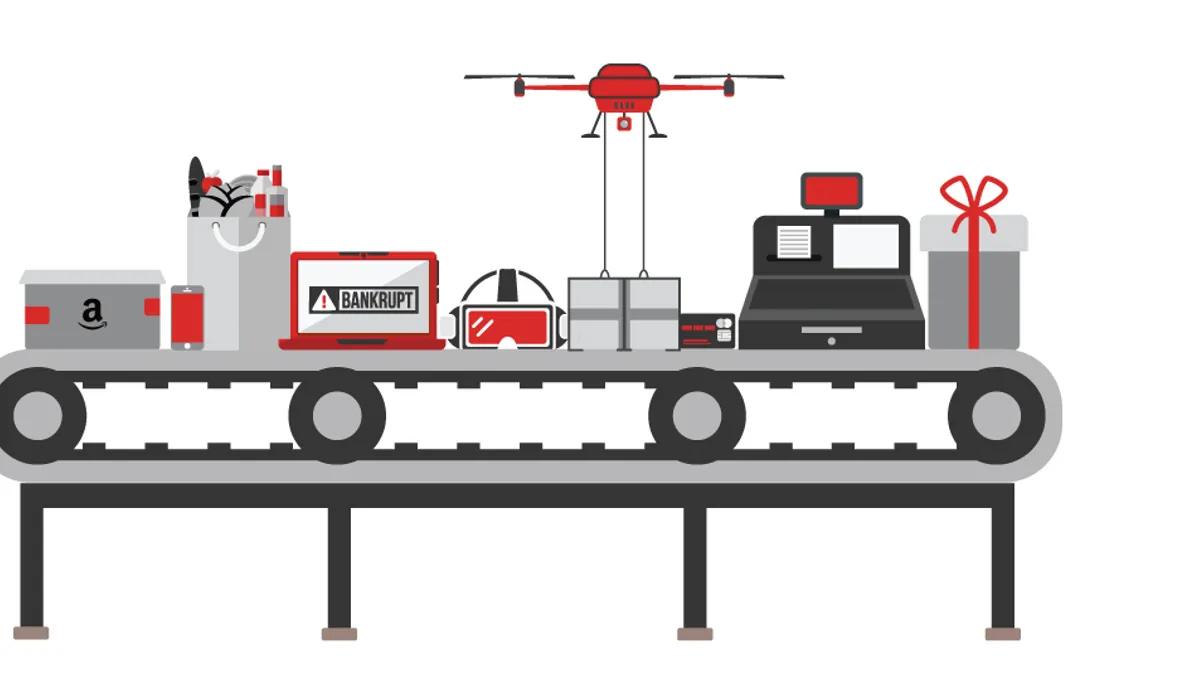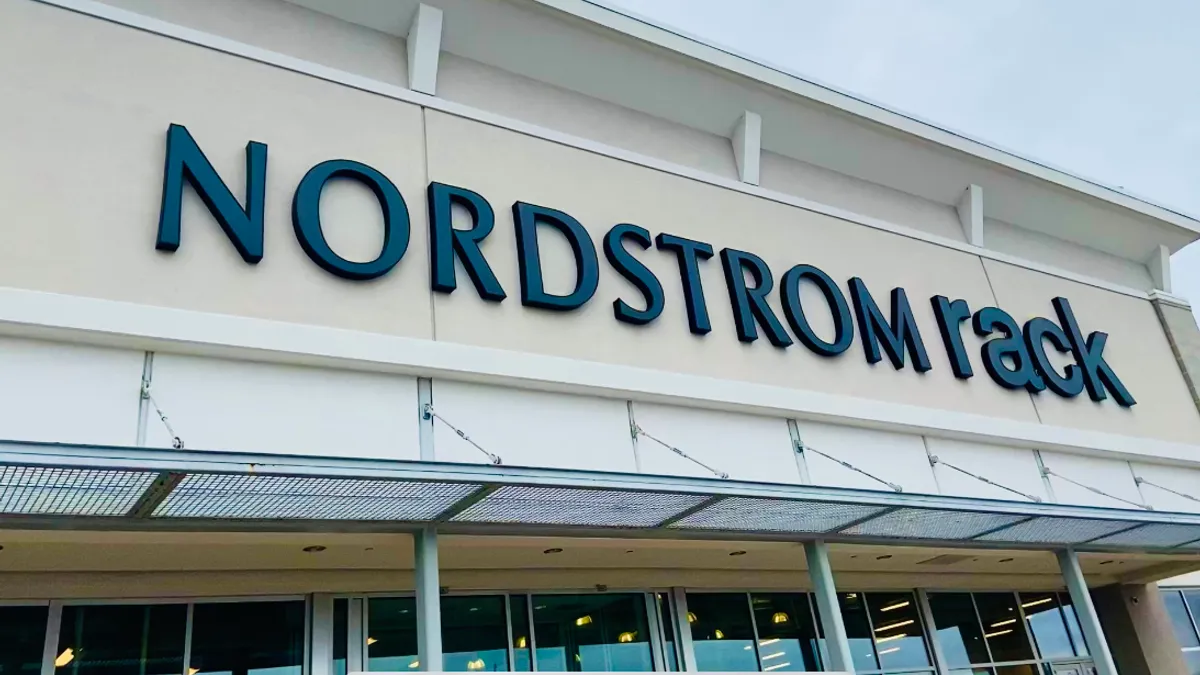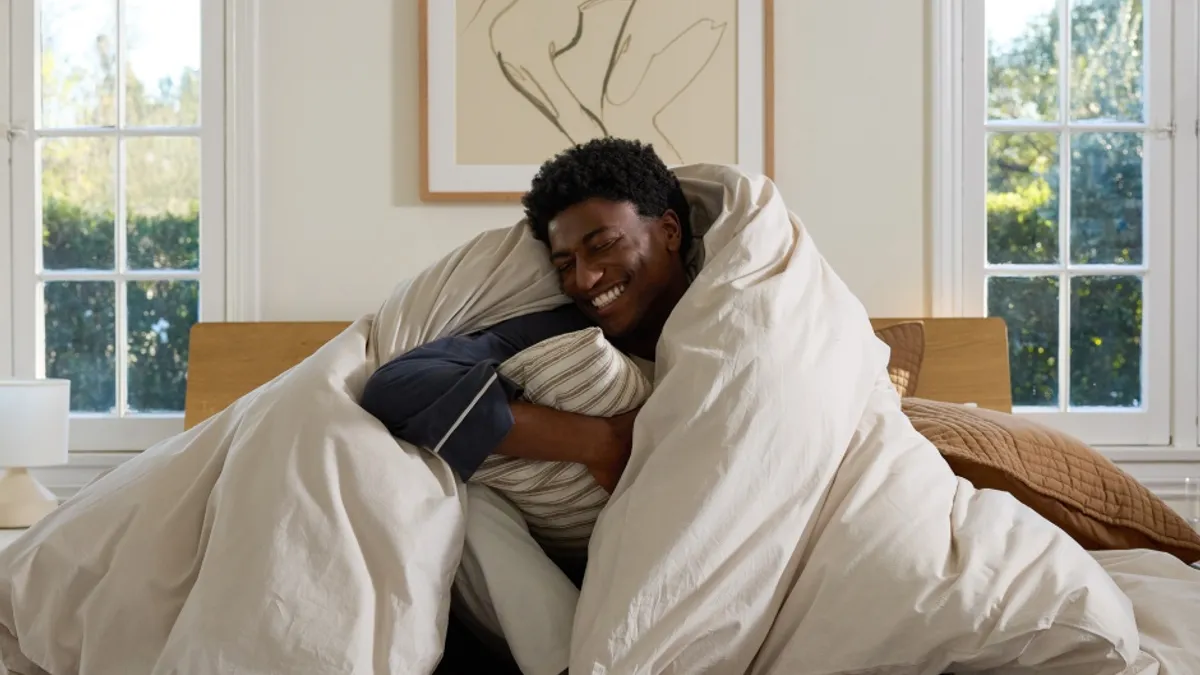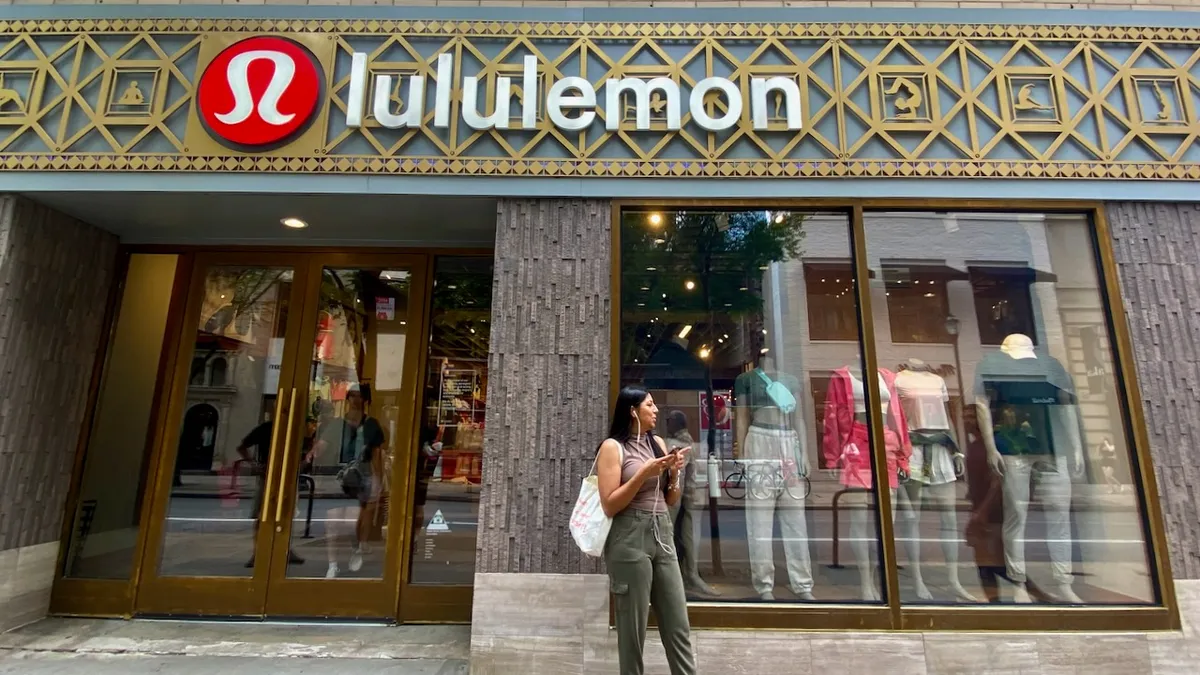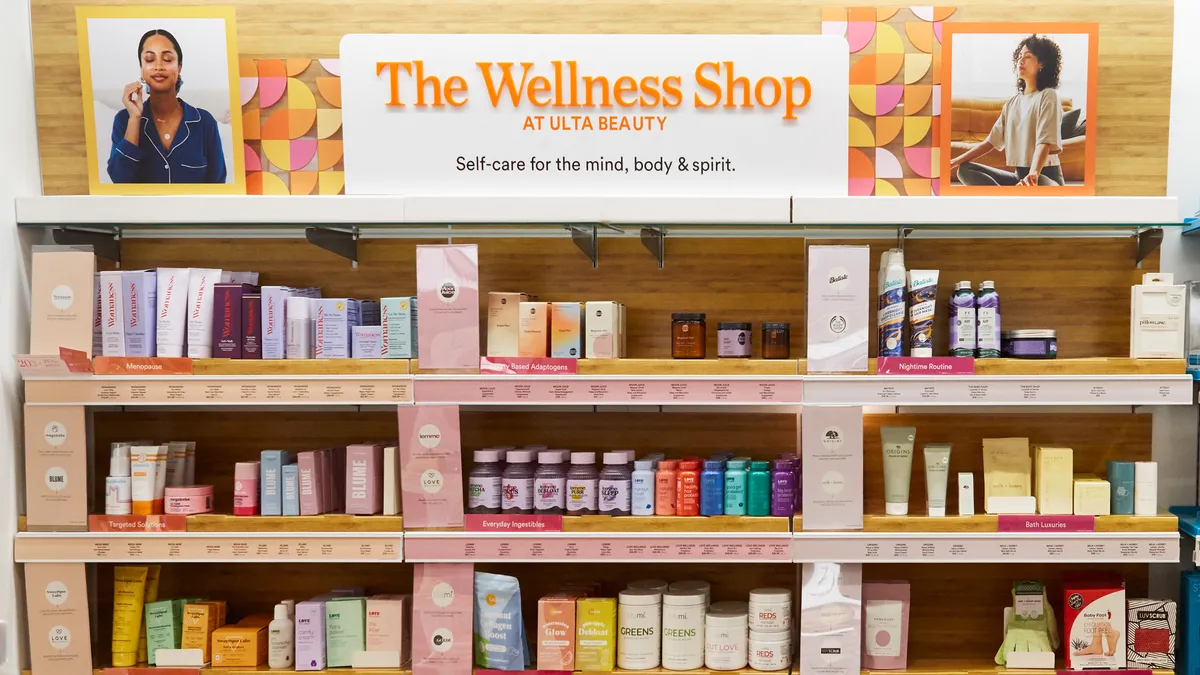Each week, Retail Dive editor Jason Ankeny weighs in on the industry headlines and trends capturing his attention. This time around: Deadheads, designers and drones. If you want more, check out the first edition of 10 Items or Less on why failure isn't necessarily a bad strategy.
Deadheads rejoice! The Cornell '77 Betty Boards are coming!
Or in English, if you prefer: The Grateful Dead on May 5 will release “May 1977: Get Shown the Light,” a limited-edition, 11-CD box set containing four complete live shows recorded 40 years ago during an East Coast tour widely considered among the best runs of the group’s storied career. All four shows are sourced from soundboard recordings made by audio engineer Betty Cantor-Jackson (i.e., “Betty Boards”) and include the first commercial release of the Dead’s near-mythic May 8, 1977 gig at Cornell University — a performance deemed so culturally significant that in 2011, a copy was added to the Library of Congress’ National Recording Registry.
Rumors of the May 1977 box began percolating in online fan circles earlier this month, followed by an official email on-sale announcement from Dead.net, the band’s own e-commerce site. With only 15,000 physical copies available, diehard Deadheads swarmed the site… and like it has during other on-sale events, Dead.net melted down, unable to process the spike in traffic. Customer service representatives were virtually unreachable by phone as well.
Deadheads lost their minds. Comments recorded on one audiophile forum during the site outage include:
- “I think I'd have less stress trying to defuse a bomb than ordering this Cornell set on Dead.net."
- “I have been on hold about five separate times for about 15 [minutes] each and each time the call just drops... Rotten customer service.”
- “This is incredibly messed up. Even by Dead.net standards."
- And, perhaps most incisive of all: “Buy some server capacity, you doped-up bunch of hippies!!”
Dead.net finally ended up passing the online sales baton to Warner Bros.-owned partner Rhino Records, sending out multiple emails linking to the Rhino site and apologizing “for the technical issues that have plagued Dead.net since we announced the products.”
In short, it was a colossal bummer for all involved. But here’s the kicker: Despite the glitches, despite the message board angst and despite the $139.98 price tag, all 15,000 copies of the May 1977 box sold out in under a week… and to top it off, the Dead is now selling an unlimited, “all-music” edition of the set sans packaging bonuses and flourishes — all for the exact same price.
It’s impossible to calculate the level of damage this kind of bad trip might inflict on any other e-commerce site, large or small. But the Grateful Dead have never adhered to narrative convention, which is how the band forged a business and a legacy that render Dead.net's dysfunction moot. For starters, no organization, brand or band has built up more goodwill over time than the Dead. They toured constantly, and unlike virtually all of their contemporaries, they eschewed corporate-owned electronic systems like Ticketron and later Ticketmaster in favor of establishing their own in-house ticketing agency, an approach that guaranteed the best seats went to Deadheads, not scalpers. No less significant, the Dead allowed concertgoers to record each performance and distribute the tapes to other fans for free, first on cassette and later via MP3 — which explains how the Cornell ’77 show gained its fabled reputation without a proper commercial release.
“The Grateful Dead is one huge case study in contrarian marketing,” writes marketing and sales strategist David Meerman Scott, co-author of the book “Marketing Lessons from the Grateful Dead: What Every Business Can Learn from the Most Iconic Band in History.” “Most of the band’s many marketing innovations were based on doing the exact opposite of what other bands (and record labels) were doing at the time. The Dead pioneered a ‘freemium’ business model, allowing concert attendees to record and trade concert tapes, building a powerful word-of-mouth fan network powered by free music. It’s a model that has influenced many of today’s very best marketers.”
Of course, none of that would matter if the music didn’t endure, and that product differentiation is what truly sets Dead.net apart from other retail sites. Dead fans know exactly what to expect from each show — spiraling, shape-shifting psychedelia and epic improvisational jams, with no one song ever played the same way twice — and more often than not, they’ve already heard audience tapes of a given gig slated for official release. So they’re willing to put up with Dead.net’s quirks and hiccups because they already know they love the music, and can rest assured that the Dead will deliver a finished product complete with upgraded sound and lavish packaging that far eclipses their worn-out cassettes or digital files. Dead.net also knows from previous drops just how many copies of each new release to produce, guaranteeing speedy sellouts and minimizing storage costs. And with hundreds of additional concerts still in the vaults awaiting release, Dead.net is in no danger of running out of product anytime soon.
So the way to think about the Dead.net May 1977 fiasco isn’t “How did these guys screw up a web sale so badly?” It’s “How have these guys built up customer loyalty and demand so fierce that something like this is a blip on the radar... and how can my retail business do the same?” The answer: Forget about your customer experience when everything is humming along as planned. Focus instead on whether shoppers are going to keep coming back if and when all goes wrong; develop a product assortment so compelling and so unique that customer defections become all but unthinkable; and nurture your own version of the Deadheads — enthusiasts and evangelists so devoted to the brand and the product that they’ll put up with all the accompanying Deadheadaches, so long as the music never stops.
Here’s what else is worth your time and attention this week…
TRENDING UP
Bright ideas: Target has begun selling its own smart lamp under its Threshold home furnishings brand, a development that is believed to be the first case of a retailer creating and marketing its own Internet-connected home décor product.
Lab coats: Nordstrom’s in-store designer boutique SPACE, developed and curated by Vice President of Creative Projects Olivia Kim, introduced The Lab, an incubator project to showcase and support new designers in select stores and online.
Sky boxes: UPS tested a delivery drone that launches from the top of a specially designed package car, autonomously delivers a shipment to a home and then returns to the vehicle while the driver continues along the route to make additional deliveries.
TRENDING DOWN
Tiffany trumped: Iconic jeweler Tiffany & Co. is increasing its board from 10 members to 13 in response to pressure from activist hedge fund Jana Partners LLC and former Bulgari CEO Francesco Trapani, who together own 5.1% of outstanding shares.
Limited appeal: With a $26.8 million bid, private equity firm Sycamore Partners has prevailed in the bankruptcy auction for The Limited Stores’ intellectual property, including its e-commerce business.
Licensed to grill: Sears Holdings is partnering with manufacturer Permasteel to make and sell a line of Kenmore-branded gas grills — the first step to licensing and leveraging the struggling retailer’s Kenmore household appliances brand.
STAT OF THE WEEK
62%: The percentage of U.S. consumers who cite “To see, touch, feel and try out items” as the primary reason they choose to shop in physical stores versus the web, according to a new Retail Dive survey.
PARTING SHOT
“Macy's is looking more and more like a real estate play every day. It has valuable retail operations on the coasts, but very few sustainable stores in the interior of the country.”—Nick Egelanian, president of retail development consultants SiteWorks International, following Macy’s fourth quarter earnings report.


